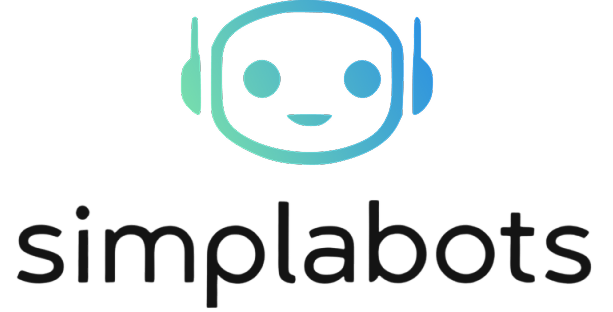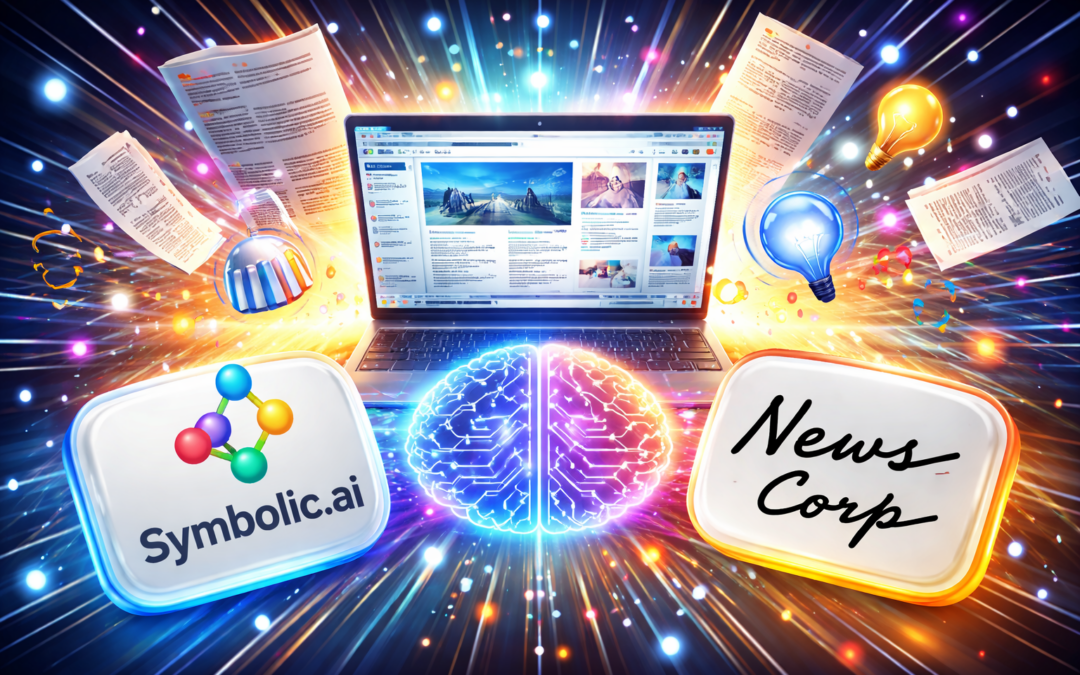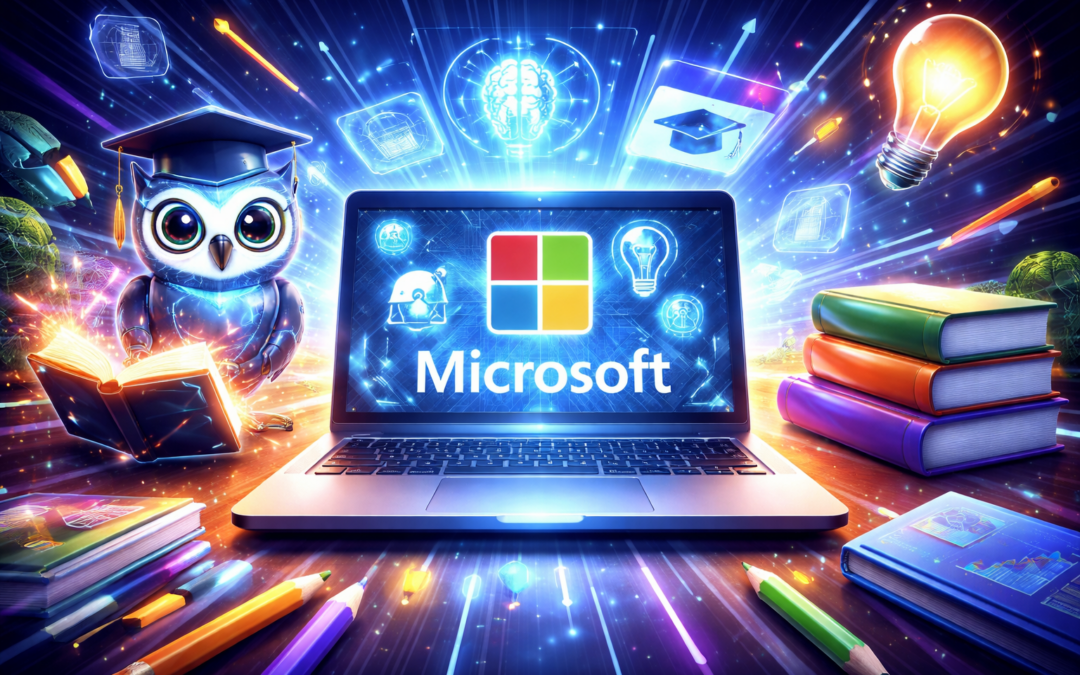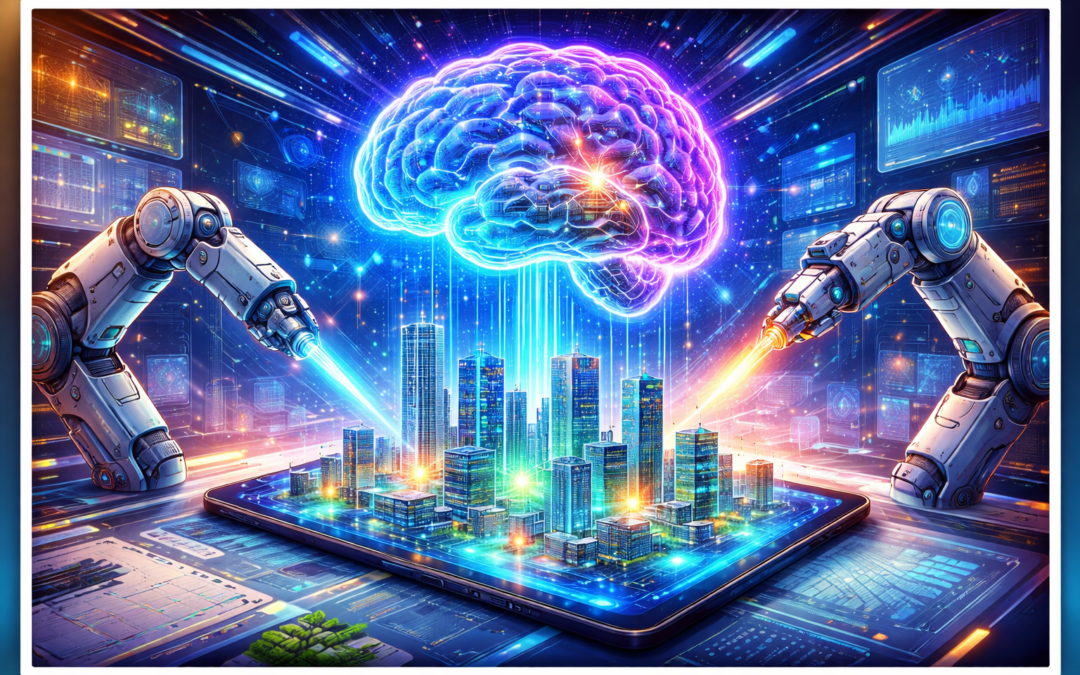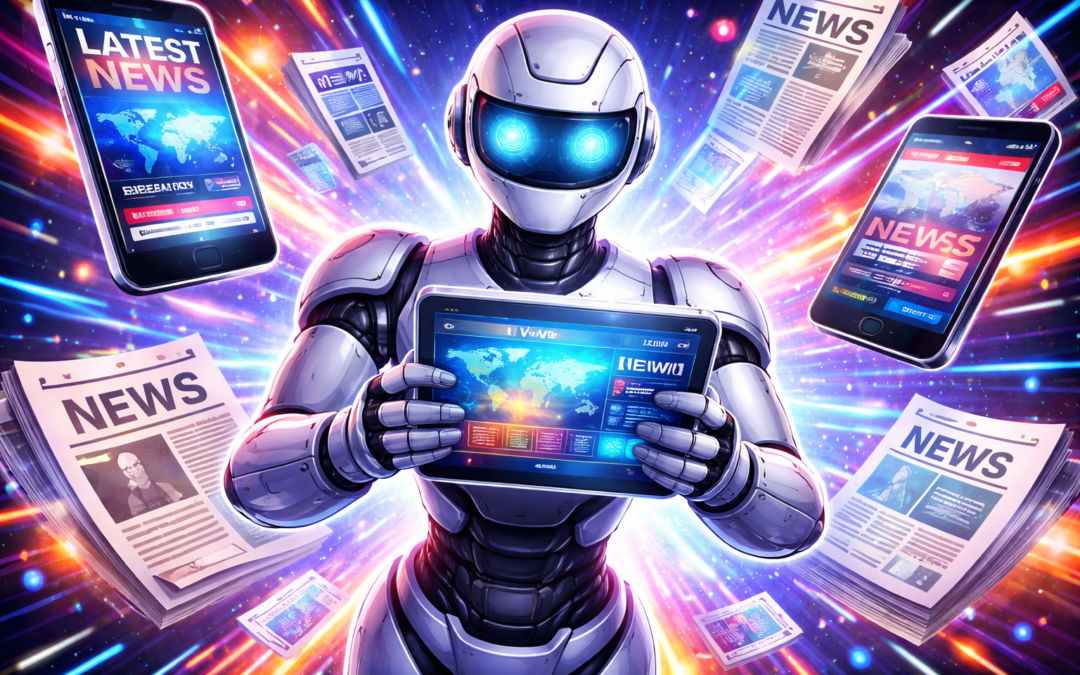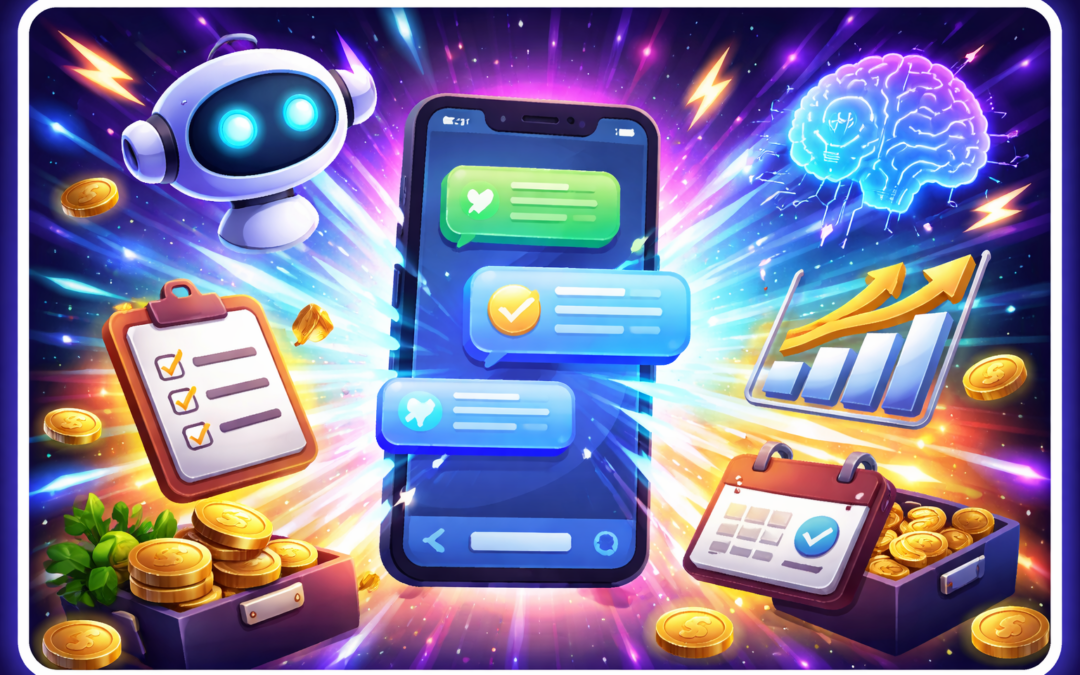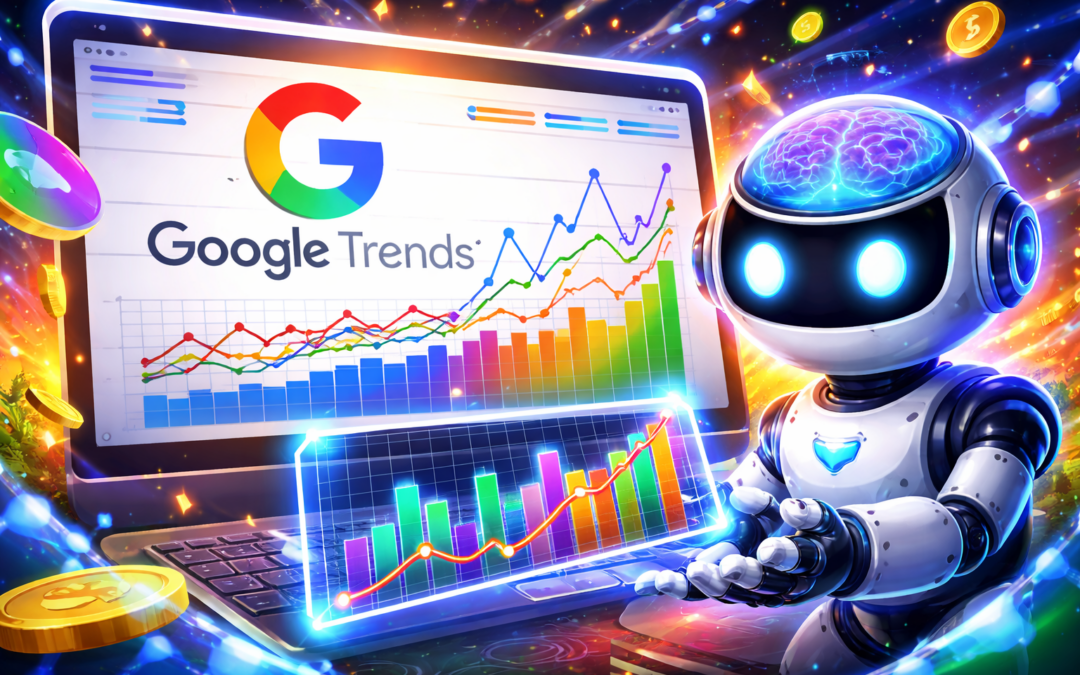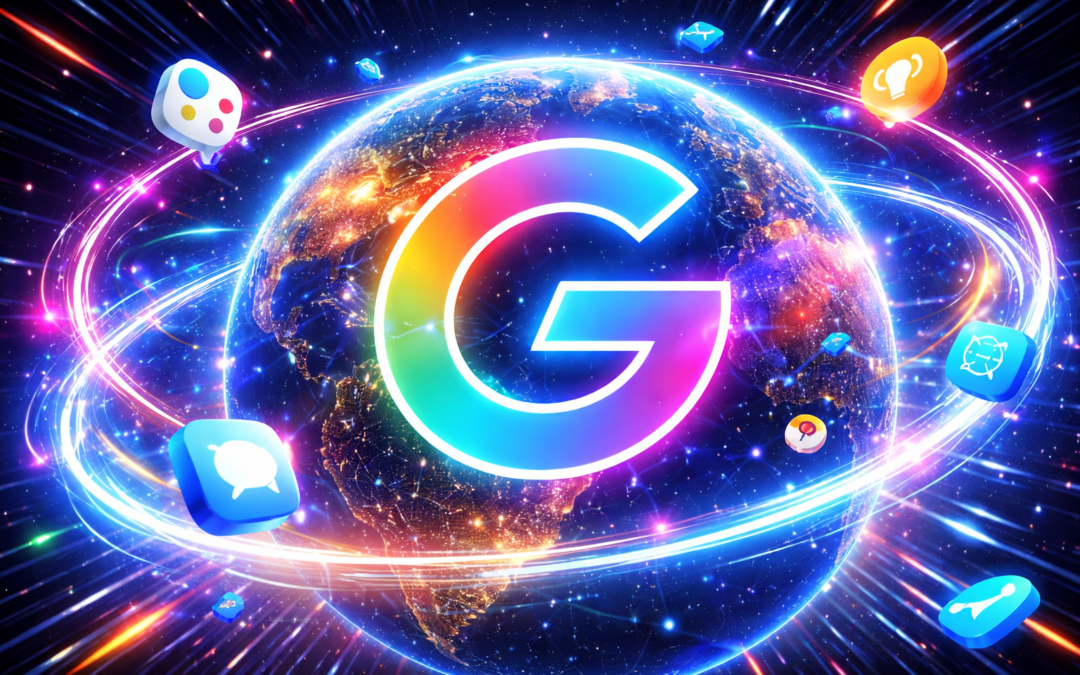- YouTube Music pilots generative AI hosts that offer real-time trivia and commentary, enhancing user experience.
- AI-generated commentary personalizes listening sessions, blurring the lines between static playlists and interactive radio.
- Beta available to select U.S. users, indicating Google’s aggressive expansion into AI-driven music services.
- Implications for developers: new AI APIs and content moderation challenges likely on the horizon.
- This signals a shift toward personalized, context-aware streaming—pressuring competitors like Spotify to accelerate AI features.
YouTube Music has begun experimenting with AI-powered hosts that engage users by sharing curated trivia, behind-the-scenes artist facts, and real-time commentary.
This move leverages large language models (LLMs) to add an interactive layer to music streaming, deepening personalization and reshaping how listeners interact with playlists.
Key Takeaways
- YouTube Music’s new AI hosts transform static playlists into active, AI-driven experiences.
- AI commentary is context-aware, pulling from music history, artist backgrounds, and song specifics.
- This reflects a broader trend: streaming platforms using generative AI to deepen engagement and differentiate in a saturated market.
YouTube’s Pivot Toward AI-Driven Engagement
Google has officially confirmed testing AI hosts within YouTube Music’s mobile app, currently available to a select group of U.S. users.
The feature integrates conversational LLMs that interject between tracks, offering content similar to what human DJs or podcast hosts provide—but fully generated on the fly. This positions YouTube Music directly against competitors like Spotify, whose AI DJ and smart playlist initiatives are also actively evolving.
“AI-powered hosts turn passive streaming into an interactive music discovery journey.”
According to TechCrunch and The Verge, these AI hosts can speak naturally, mixing trivia and commentary based on both user preferences and current listening context.
Early beta users report that the AI’s tone mimics friendly radio personalities, showing LLMs’ progress in natural conversation and contextual awareness.
Opportunities and Challenges for Developers and Startups
This shift opens potential new APIs and platforms for third-party developers to enhance playlists, music bots, or other audio content with generative AI capabilities.
However, moderation and content reliability become even more critical. Misinformation, inappropriate trivia, or copyright-related commentary by AIs could raise new legal and reputational concerns—a challenge developers and content owners must anticipate.
“Generative AI in music services will require continuous fine-tuning to ensure commentary accuracy, appropriateness, and user trust.”
Startups should monitor Google’s LLM integration for best practices in AI explainability and user controls. Competitive platforms may soon open up similar APIs, making generative commentary and dynamic playlists standard features across the industry.
Real-World Implications: The Future of Streaming is Conversational
By adding AI personalities into the listening experience, streaming platforms move beyond algorithmic content selection toward AI-powered interaction—where users not only consume content but also receive real-time insights, discovery incentives, and contextual storytelling.
For music labels and artists, this creates new promotional avenues but raises questions on narrative control and licensing.
“Personalized AI hosts could redefine music curation, making every session unique while challenging platforms to balance automation and authenticity.”
For the technical community, this marks another milestone in generative AI adoption—where dialogue models move from chatbots to mainstream entertainment, demanding innovations in accuracy, UX, and responsible AI deployment.
Source: TechCrunch
